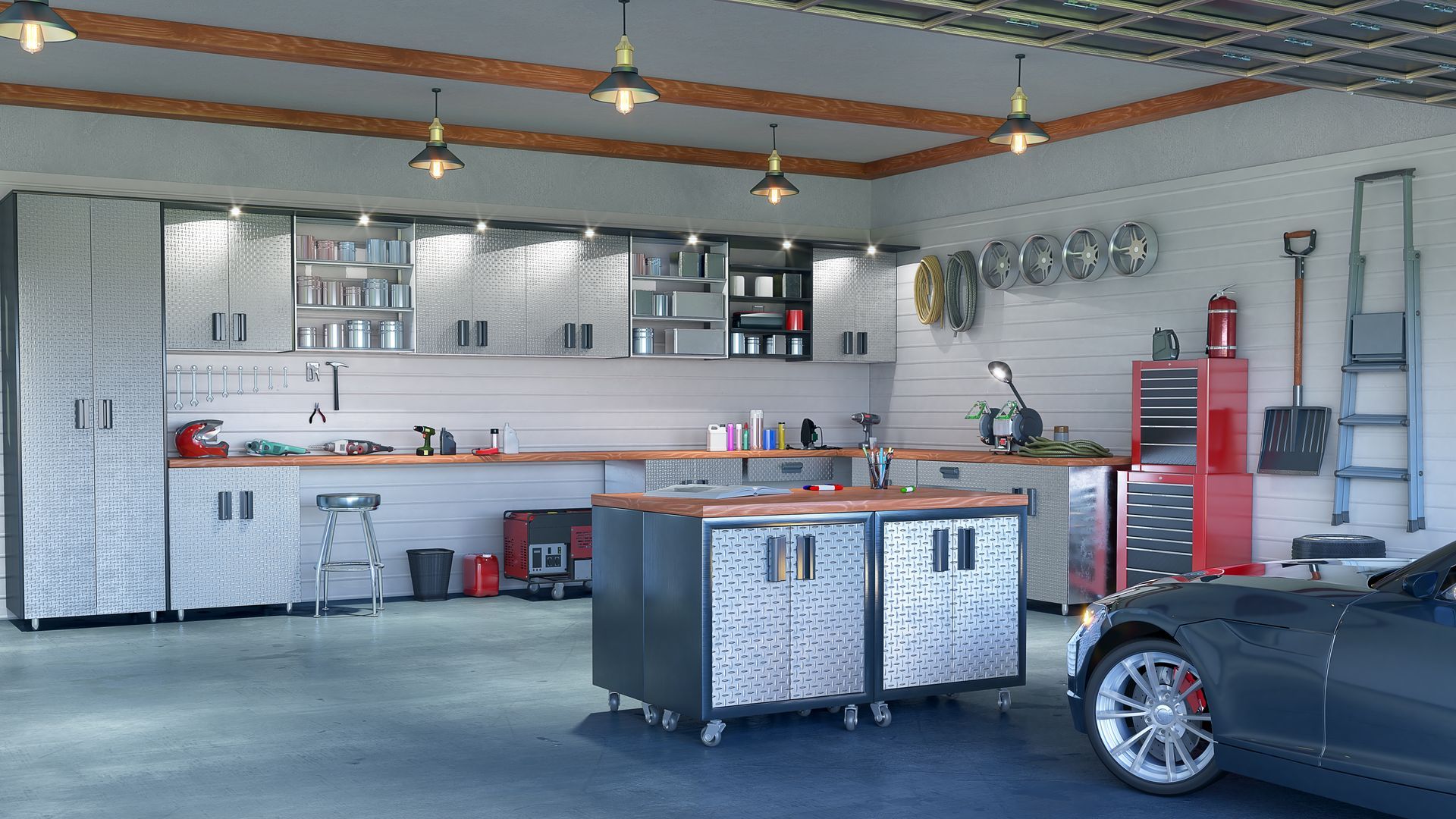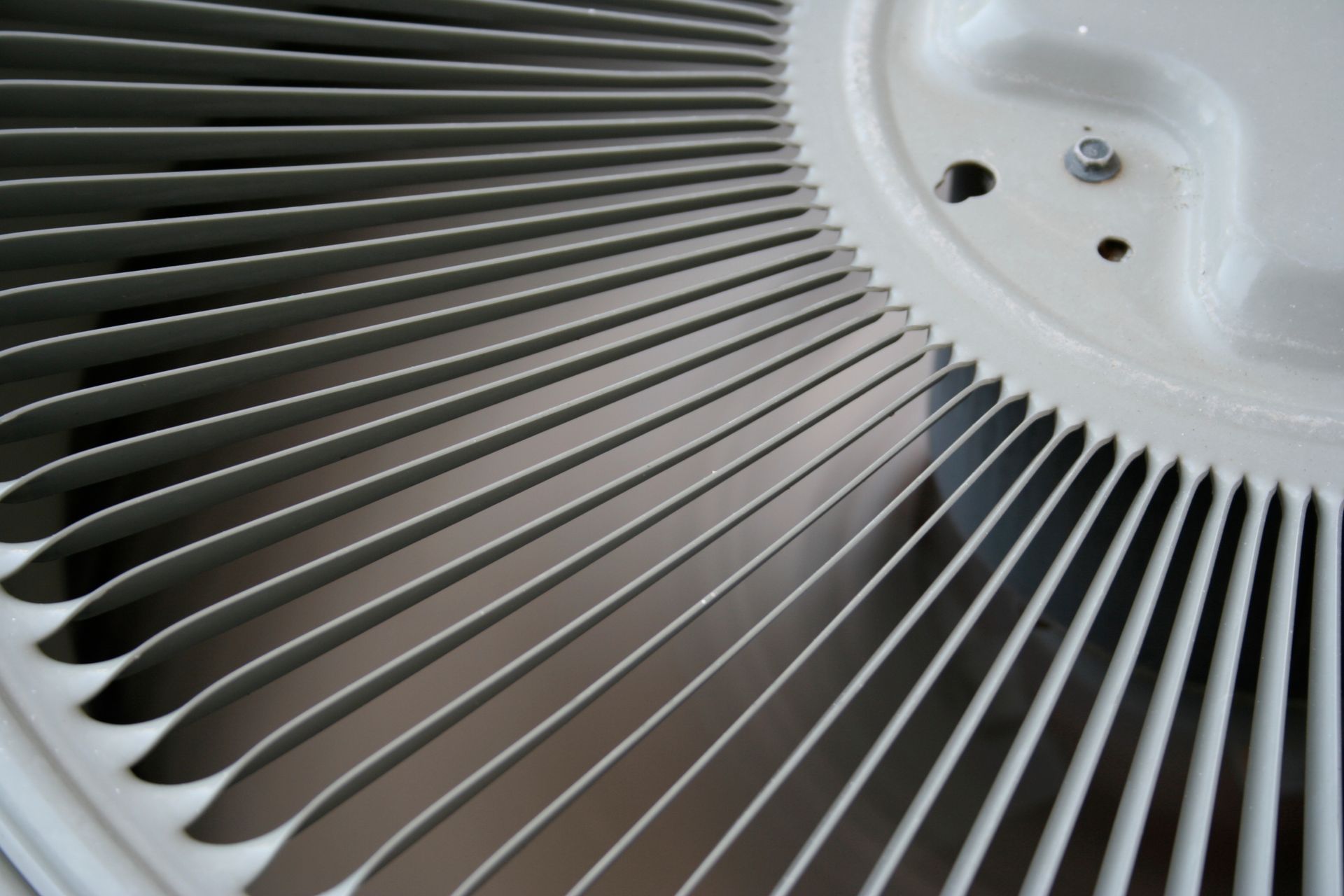Heating 101
What you should know about the indoor heating process
This is general information that you will find helpful when working with us.
Furnaces
A Residential Furnace keeps your home warm during the cold months, and can be an integral part of a central air conditioning and/or indoor air quality system.
The basic components of a furnace system are:
- A burner, through which gas (natural or propane) or oil is delivered and burned.
- A heat exchanger, where the heat produced from the burning gas is transferred to the air distribution system.
- A series of ductwork that transfers the heated air throughout the home.
- A flue or vent pipe, to exhaust byproducts of combustion (such as water vapor and carbon dioxide) to the outside.
The efficiency of a furnace is rated using a percent of AFUE.
A gas furnace uses natural gas, although some models can be converted to utilize propane. An oil furnace uses heating oil. An electricity source is required to run the control systems, blower and some accessories.
Electric Heat Pumps
A Residential Split System Heat Pump is a year 'round comfort system. In the summer it draws heat out of your home to keep it cool, and in the winter it draws heat from outside air into your home to keep it warm. Many heat pump installations have a booster electrical resistance heater that automatically supplements heat brought in from the outside. Outside air always has heat in it - even at very low outdoor temperatures.
Just the central air conditioning system, an electric heat pump includes a compressor, a fan, outdoor coil, indoor coil, and a refrigerant.
The efficiency of Heat Pumps is rated using SEER (for cooling efficiency) and HSPF (for heating efficiency).
A Heat Pump uses electricity as its power source, and requires:
- An outdoor Heat Pump section.
- A matching indoor gas (natural or propane) or oil furnace with coil or air handler.
- A series of ductwork to transfer the heated or cooled air throughout the home.
SEASONAL TIPS
These guidelines will help you to get maximum comfort and efficiency from your HVAC system.
Maintenance
- Follow your manufacturer's routine maintenance directions.
- Have complete system checked once a year by a qualified service technician.
What Homeowners Can Do:
Check Filters
- Permanent - Clean with mild detergent every 30 to 60 days, per manufacturer's recommendations.
- Replaceable - Replace every 30 to 60 days (1" filter) or annually (air cleaner filter).
Windows and Doors
- Keep closed when system is running.
- Caulk and weather-strip to close air gaps.
- Open drapes and shades over windows facing sun.
Activities
- When cooking, use exhaust fan only as needed.
- Keep thermostat at desired setting.
Terms to know:
AFUE - Annual Fuel Utilization Efficiency, a rating that reflects the efficiency of a gas furnace in converting fuel to energy. A rating of 90 means that approximately 90% of the fuel is utilized to provide warmth to your home, while the remaining 10% escapes as exhaust.
BTU - British Thermal Unit - In scientific terms, it represents the amount of energy required to raise one pound of water one degree Fahrenheit. One BTU is the equivalent of the heat given off by a single wooden kitchen match. For your home, it represents the measure of heat given off when fuel is burned for heating or the measure of heat extracted from your home for cooling.
CFM - Cubic Feet per Minute is a standard of airflow measurement. A typical system produces 400 CFM per ton of air conditioning.
Capacity - The output or producing ability of a piece of cooling or heating equipment. Cooling and heating capacity are normally referred to in BTUs.
Compressor - The heart of an air conditioning or heat pump system. It is part of the outdoor unit that pumps refrigerant. The compressor maintains adequate pressure to cause refrigerant to flow in sufficient quantities to meet the cooling requirements of the system.
Damper - Found in ductwork, this movable plate opens and closes to control airflow. Dampers are used effectively in zoning to regulate airflow to certain rooms.
Evaporator Coil - The coil that is inside your house in a split system. In the evaporator, refrigerant evaporates and absorbs heat from air passed over the coil.
HSPF - Heat Pump Heating Efficiency - It stands for Heating Seasonal Performance Factor. The higher the HSPF rating, the more efficient a heat pump is at heating your home. There is no legislated minimum rating.
SEER - Seasonal Energy Efficiency Ratio, a rating that measures the cooling efficiency of a heat pump or air conditioner. The higher the number, the more efficient the unit is.
Split System - Refers to a comfort system configuration consisting of components in two locations. Common examples include an outside unit, such as an air conditioner and an indoor unit, such as a furnace and coil.
Thermostat - A temperature control device, typically found on an inside wall of the home, that consists of a series of sensors and relays that monitor and control the functions of a heating and cooling system. American Standard's programmable thermostats allow you to program different levels of comfort for different times of the day.
Ton
- A unit of measurement used for determining cooling capacity. One ton is the equivalent of 12,000 BTUs per hour.
Schedule Heating Service
We will get back to you as soon as possible.
Please try again later.
Schedule Service
You will be contacted within 24 hrs to arrange a service call/bid appointment.

Your service technician was awesome. He kept me up-to-date as to what needed to be done. Thank you.
Karen
Thank you for the speedy fix! It was greatly appreciated! I will definitely be passing on a great word about WestAir.
Melanie
Thank you very much for your prompt and thorough heating service. Your service technician was highly knowledgeable and efficient. He explained things well and was very personable. His customer service was EXCELLENT! So very accommodating. We appreciate your company.
Chuck & Connie



